Pioneering in green transformation
Currently, reducing greenhouse gas emissions and going carbon neutral is not yet mandatory for all businesses in Vietnam. Businesses are increasingly aware of the importance of green transformation in the context of Vietnam's commitment to achieving net zero emissions by 2050. The State has issued many policies to encourage businesses to participate in emission reduction activities, creating a legal corridor for businesses to effectively participate in the green transformation process.
Notable among them are Resolution No. 24-NQ/TW dated June 3, 2013 of the Party Central Committee on climate change response; National Program on renewable energy and energy saving (2015) with many preferential policies; Decision No. 2068/QD-TTg on carbon market development (2020) allowing carbon credit trading and the Law on Environmental Protection (amended and supplemented) requiring greenhouse gas inventories for large-emitting enterprises.
With the above incentive policies, businesses in Vietnam have proactively implemented many measures to reduce greenhouse gas emissions and apply green technology to achieve sustainable development goals. Notably, there is a trend of establishing specialized departments for research and innovation in this field.
VinGroup Corporation has invested heavily in VinFast electric vehicle projects, contributing to reducing greenhouse gas emissions in transportation and developing renewable energy. Masan Group Corporation has implemented initiatives to recycle plastic products, reduce waste and increase the use of green energy in manufacturing plants.
Foreign-invested enterprises such as Nestlé, Coca-Cola, and Unilever also participate in the sustainable development strategy in Vietnam through applying green technology in production, saving water, and reducing waste in the supply chain.
TH Group, Vietnam Dairy Products Joint Stock Company (Vinamilk), Nestlé Vietnam and Masan Group have achieved carbon neutral certification from international organizations such as Control Union and DNV GL. TH Group has two key manufacturing companies, TH Milk Joint Stock Company and Nui Tien Pure Water Company Limited, achieving carbon neutral certification according to PAS 2060:2014 standard. These are the first two companies in Vietnam to be assessed and certified by Control Union (an independent and prestigious international certification organization).
Obstacles on the green journey
Carbon neutrality is achieved when a business minimizes greenhouse gas emissions during production and consumption; then offsets the remaining emissions through activities such as planting trees, investing in emission reduction projects or purchasing carbon credits.
For example, to achieve carbon neutrality, in 2023, TH Milk Joint Stock Company replaced the FO (fossil fuel) boiler with a biomass boiler at the TH true MILK fresh milk factory, helping to reduce emissions by more than 7,000 tons of CO2. The company also replaced all metal halide high-pressure bulbs with LED bulbs, helping to save electricity and reduce emissions by about 214 tons of CO2.
Carbon offset projects not only help businesses achieve carbon credits but also create positive social, environmental and economic value. Businesses participating in these projects also contribute to the United Nations Sustainable Development Goals (SDGs), especially promoting community development, environmental protection and sustainable economic growth.
For example, the VERRA 2548 green project that TH Group supports to offset carbon for TH Milk Joint Stock Company and Nui Tien Pure Water Company Limited is a project to distribute free energy-saving stoves to poor households across Vietnam. The project brings many climate and environmental benefits such as reducing deforestation and degradation of local forest biodiversity, while helping to reduce fuel consumption by 40-60%, improving community health thanks to smoke-reducing stoves, contributing to reducing respiratory diseases caused by kitchen smoke.
However, businesses still face many difficulties in the green transition process, such as: High initial investment costs for new technology and renewable energy; long capital recovery period; changing production habits of employees. In addition, the lack of financial support systems and mechanisms to ensure stability are also major challenges.
If these difficulties are overcome soon, there will be more green businesses - real "measures" of Vietnam's commitment to sustainable development.
Source: https://nhandan.vn/thuoc-do-cho-cam-ket-tang-truong-xanh-post870283.html















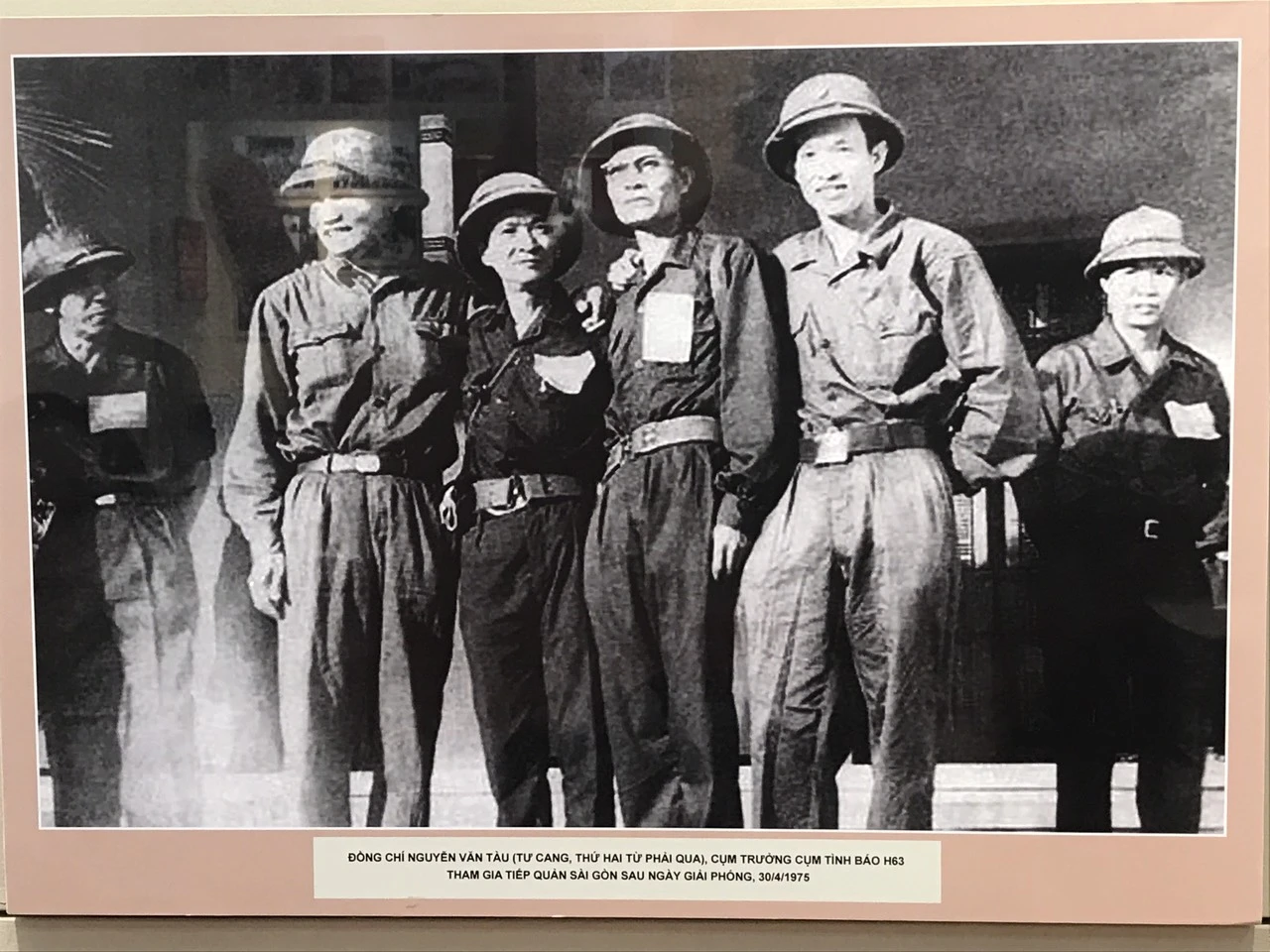

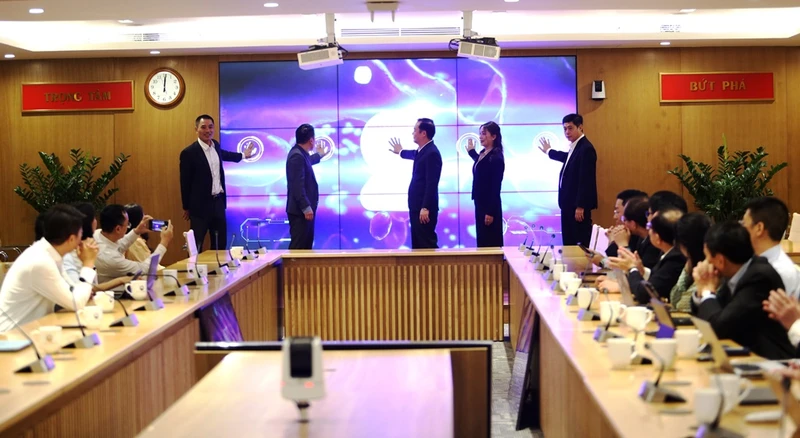





![[Photo] Visiting Cu Chi Tunnels - a heroic underground feat](https://vstatic.vietnam.vn/vietnam/resource/IMAGE/2025/4/8/06cb489403514b878768dd7262daba0b)














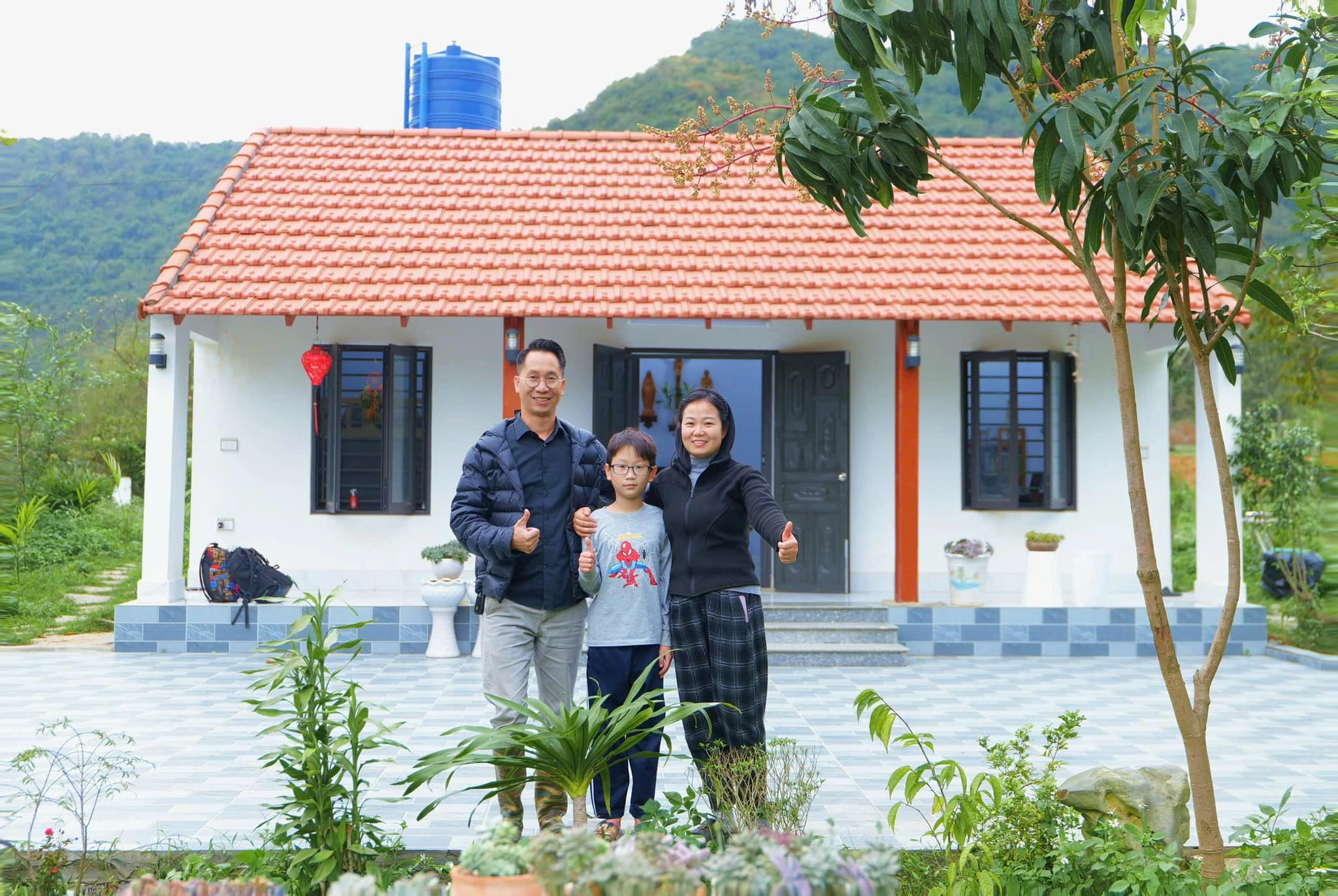


















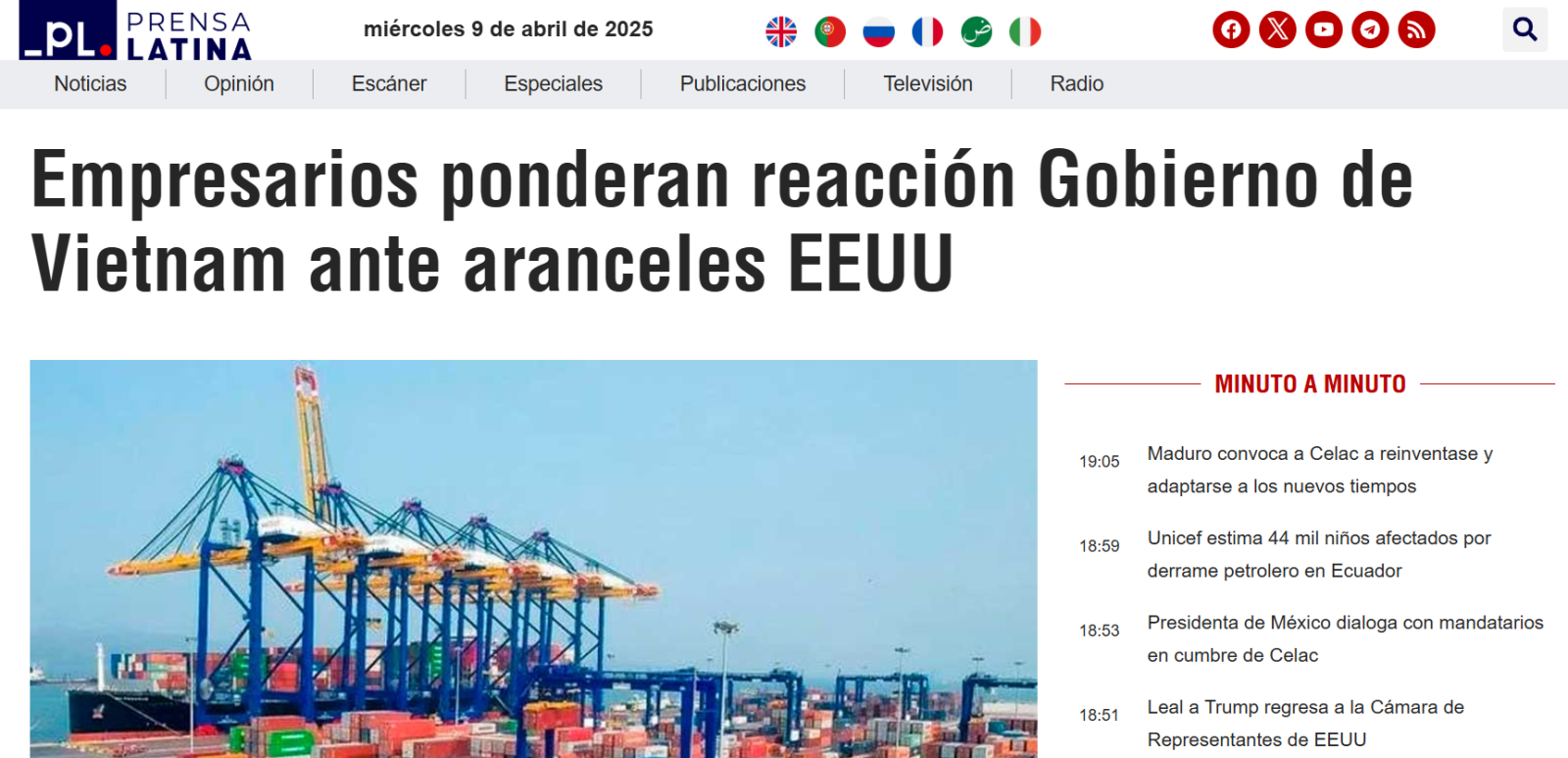














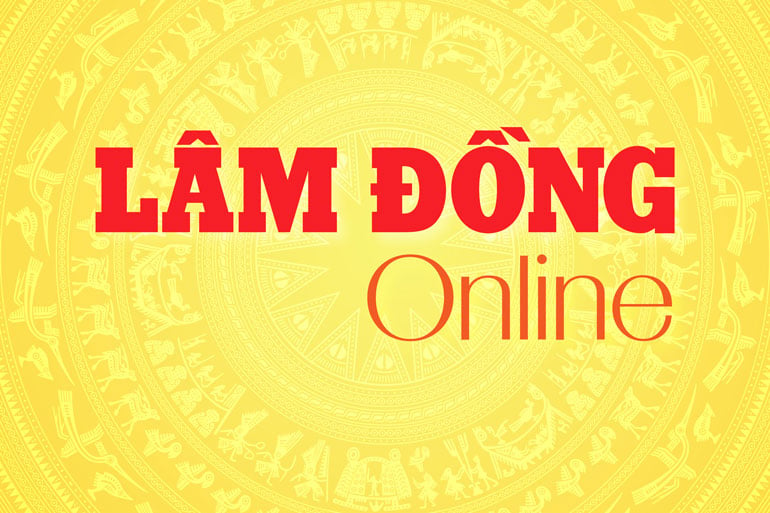








Comment (0)